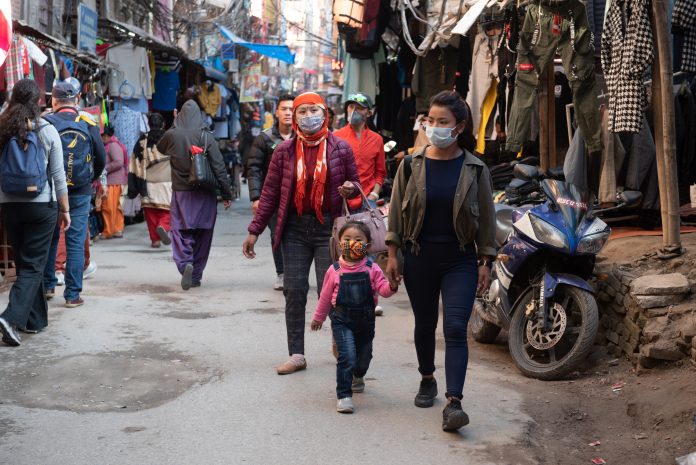The study suggests that Long COVID patients are more likely to face blood-clots – even if they appeared okay, their clotting biomarkers were significantly high
Currently, Long COVID is one of the key concerns for countries which have successfully vaccinated the majority of their population. There is not enough baseline information about who is afflicted with the lengthy illness, making treatment a difficult road for healthcare professionals across the globe.
The study, led by researchers from RCSI University of Medicine and Health Sciences, proposes that Long COVID is definitively connected to blood-clots.
“Clotting system” may be involved in “root cause of Long COVID”
“Because clotting markers were elevated while inflammation markers had returned to normal, our results suggest that the clotting system may be involved in the root cause of Long COVID syndrome,” said Dr Helen Fogarty, the study’s lead author, ICAT Fellow and PhD student at the Irish Centre for Vascular Biology in the RCSI School of Pharmacy and Biomolecular Sciences.
The researchers examined 50 patients with symptoms of Long COVID syndrome to better understand if abnormal blood clotting is involved in all cases of the mysterious illness.
They discovered that clotting markers were significantly elevated in the blood of patients with Long COVID syndrome compared with healthy controls. These clotting markers were higher in patients who required hospitalisation with their initial COVID-19 infection, but they also found that even those who were able to manage their illness at home still had persistently high clotting markers.
This suggests that most people with Long COVID could be at risk of blood-clotting.
“More people will develop Long COVID” warns researcher
“Understanding the root cause of a disease is the first step toward developing effective treatments,” said Professor James O’Donnell, Director of the Irish Centre for Vascular Biology, RCSI and Consultant Haematologist in the National Coagulation Centre in St James’s Hospital, Dublin.
“Millions of people are already dealing with the symptoms of Long COVID syndrome, and more people will develop Long COVID as the infections among the unvaccinated continue to occur.
“It is imperative that we continue to study this condition and develop effective treatments.”











